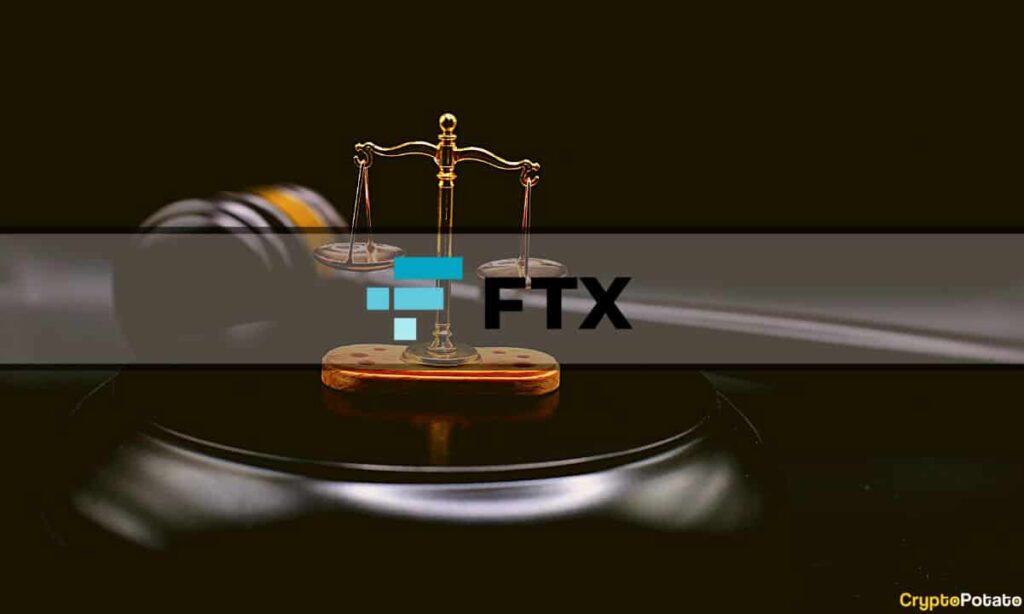The Financial Accounting Services Board (FASB) announced on Wednesday that it has officially adopted fair value accounting for crypto assets starting next year.
The change is expected to make Bitcoin and other digital currencies far more welcoming to hold on corporate balance sheets, despite their intermittent price volatility.
FASB’s Major Accounting Change
Per FASB’s latest Accounting Standards Update (ASU), the revised standard is a response to overwhelming stakeholder feedback suggesting that improving crypto accounting standards should be a “top priority” for the board.
Under the current arrangement, crypto assets are classified as indefinite-lived intangible assets. The cost-less-impairment accounting model only allows companies to write down the value of their crypto assets when their market value declines from their initial purchase price, but not to record gains when crypto prices are up.
According to FASB, this does not provide investors with “decision-useful” information about an entity’s financial position. By contrast, fair value accounting will simplify valuations to measure the value of a company’s crypto based on its up-to-date market value during relevant reporting periods.
“Fair value measurement… eliminates the requirement to test those assets for impairment, thereby reducing the associated cost and complexity of applying the current guidance,” the board added.
Not all things crypto are eligible for the change, however. FASB’s guidelines require the asset to be an “intangible asset” based on blockchain technology, secured by cryptography, and “not created or issued by the reporting entity or its related parties.”
Such assets must also be “fungible” and “not provide the asset holder with enforceable rights to or claims on underlying goods, services, or other assets.” That rules out both NFTs and tokens backed by external assets.
A Big Deal For Corporate Adoption
Michael Saylor – founder and executive chairman of MicroStrategy – praised Wednesday’s update as a catalyst for the “adoption of Bitcoin (BTC) as a treasury reserve asset by corporations worldwide.”
As one of the world’s largest owners of BTC, Saylor’s company was forced to log multiple nine-figure impairment charges on its BTC during the depths of last year’s crypto winter. In practice, however, the company’s total BTC investment is over $2 billion in profit.
Paypal co-founder and Lightspark CEO David Marcus also claimed the change is “actually a big deal.”
“This removes a large obstacle standing in the way of corporations holding #Bitcoin on their balance sheet,” he wrote to X on Wednesday. “2024 will be a landmark year for BTC.”
FASB clarified that while the new rule takes effect beginning December 15, 2024, early adoption of fair value accounting is “permitted for both interim and annual financial statements that have not yet been issued.”

